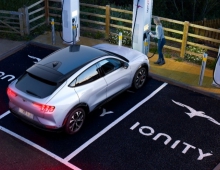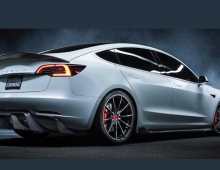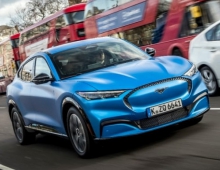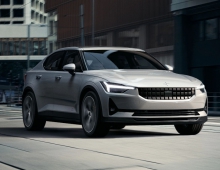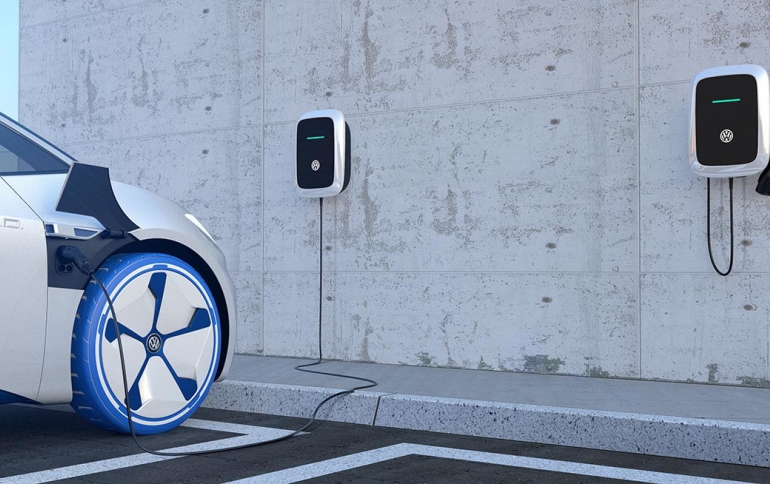
Volkswagen Enters the Energy Market
The Volkswagen Group is intensifying its electric offensive by adding services that will simplify the charging process for electric vehicles.
In a few weeks, Volkswagen's customers will be able to get green power from a newly established company called the Elli Group. Elli stands for electric life.
Thomas Ulbrich, Volkswagen brand Board Member responsible for E-Mobility, says: “As one of the world’s largest automakers, Volkswagen is going to force the pace of the urgently needed transport and energy transition to emission-neutral e-mobility. The new company will play its part with energy offerings from renewable sources and smart charging solutions. This way, we are entering a strategically relevant, extremely exciting business area that offers considerable opportunities for strengthening ties with existing customers as well as accessing entirely new customer groups.”
The first product being offered by Elli is CO2-neutral green power from Volkswagen. The electricity is generated by hydro-electric plants in Germany, Austria or Switzerland. It can be ordered on the website elli.eco.
Elli plans to quickly offer other services after Volkswagen’s green power makes its debut, according to Thorsten Nicklass, the CEO of Elli. Right in time for the launch of the ID. family, Volkswagen will work with Elli to offer “Volks-wallboxes” that can be used to charge cars at home. While the car can be charged on the normal 230 V grid with 3.7 kilowatts (kW), the wallbox for the ID. and other electric cars will work with charging power of up to 11 kW. If the power socket at home is designed for such power input, then the battery can be completely charged over night.

“With our wallboxes, anybody can set up his or her own electricity charging station in the garage or carport,” Nicklass says. Customers who have bought a wallbox can simply set their own rates and let other car owners use the unit to charge their own vehicles. “And, of course, they can give away power to friends and acquaintances,” Nicklass says. Current research indicates that most drivers of an ID. will have to charge their cars just once a week because most commuters do not have to travel more than 50 kilometers a day. About 50 percent of all charging will be done at home, Volkswagen analyses shows.
For customers of the Volkswagen Group confronted with charging while on the go, Elli will provide electric charging cards that can be used to receive power at approximately 80,000 stations throughout Europe. The charging stations will be located in front of supermarkets, furniture stores and Volkswagen dealers, among other places.
Elli is also focusing on companies that are converting their fleets to electric vehicles. “Business customers want individual solutions that will help them charge their electric vehicles as cheaply as possible or assign the costs to different departments,” Nicklass says. Elli intends to offer tailored options that will enable companies to benefit from those times of the day when electricity rates are very low, among other things.
The CEO stresses that Volkswagen will use Elli not just simply to position itself as a provider of electricity. He says the company intends to become an active player in the energy sector as well. Its plans include fast, smart 22 kW wallboxes that will work in both directions – that is, they will also be able to feed power back into the grid. This is a sensible approach because power is increasingly being generated by decentralized sources and fed into the system at rates that vary according to the weather. As a result, there will always be times when more or less power is generated than necessary.
Bi-directional power flow in cars, homes and the power grid to create a smart grid will be able to better take these factors into consideration. The concept has a fixed place on Elli’s agenda. “By taking this approach, we will link mobility, energy and digitalization,” Nicklass says. “Our electric cars will help create an intelligent energy transition.”


